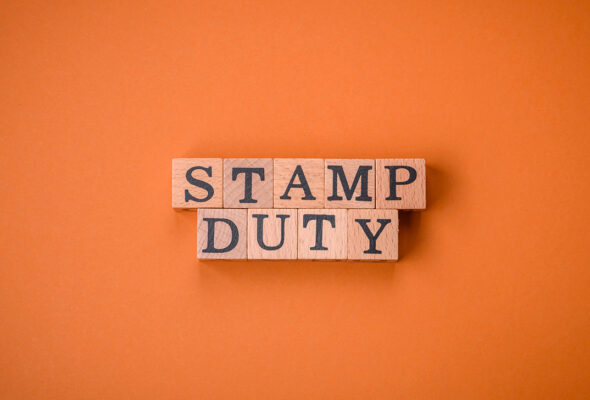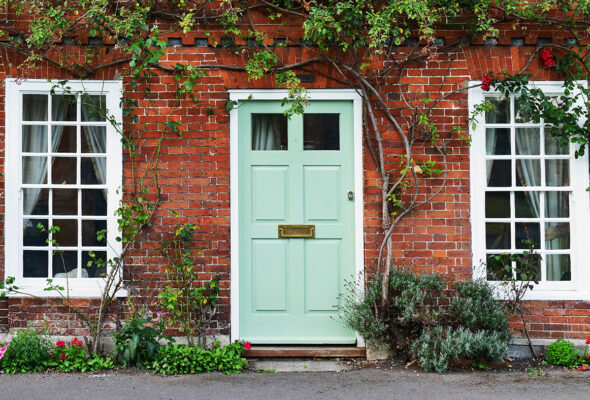What happens with your deposit?
Tenants are required to pay a deposit when renting a property from us. But, what happens with this deposit?
Under the law in England and Wales, if you’ve what’s called an ‘assured shorthold tenancy’ which started on or after 6 April 2007, your landlord or agent MUST register your deposit with a schemes within 30 days of receipt. (An ‘assured shorthold tenancy’ is the most common type of tenancy and is issued by us at the outset of your tenancy).
If your landlord doesn’t protect your deposit, a court can order them to pay you a penalty of up to three times the deposit.
Registering the deposit in a scheme means…
- You’ll get the full deposit back at the end of the tenancy provided you’ve met the terms of the tenancy agreement
- if you agree with your landlord how much of the deposit you’re due, it’ll be returned to you within 10 days of the tenancy ending
- if you DON’T agree with your landlord, a free dispute resolution service will investigate and decide how much of the deposit should go to you and how much to your landlord.
How to check if your depsoit is registered?
It’s best to ensure your deposit’s protected from the outset by asking the landlord or letting agent which scheme it’s with before you sign the contract. If you’ve already moved in and the scheme isn’t named on your contract, ask the landlord or agent.
As a respected Urmston letting agent ,all deposits taken by VitalSpace for assured shorthold tenancies are protected by a tenancy deposit protection scheme called The Dispute Service (TDS). Within fourteen days of receipt of the deposit, the TDS scheme will issue you with a certificate confirming that your deposit has been registered.









